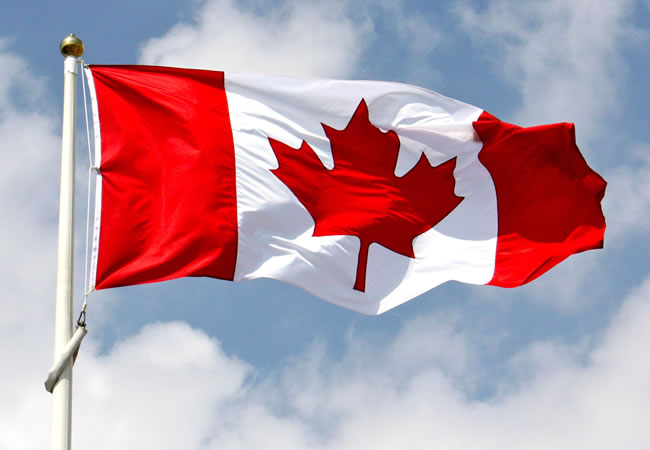
The Canadian government turned down at least 11,921 Nigerians who applied for refugee protection from January 2013 to December 2022, Sunday PUNCH has learned.
This is according to data obtained from the Refugee Protection Division of the Immigration and Refugee Board of Canada for the period under review.
The IMRB grants refugee protection in Canada if the RPD satisfactorily confirms that an applicant or claimant meets the United Nations definition of a Convention refugee, “which has been incorporated into Canadian law, or that the applicant is a person in need of protection.”
The 1951 UN Convention relating to the Status of Refugees defines refugees as persons who have a substantiated fear of persecution because of their race, nationality, religion, political ideology, or membership in a particular social group.
Such social groups can include sexual orientation, gender identity, being a woman, and persons living with HIV/AIDS.
However, persons asking for protection in Canada must show evidence portending the danger of torture, a risk to their life, or risk of cruel and unusual treatment or punishment should they return to their country of nationality.
Typically, such protection claims are made when immigrants notify the Border Services Agency at any port of entry upon arriving in Canada or report to an immigration officer.
“The officer decides whether the claim is eligible to be referred to the IRB. If the claim is eligible, it is sent (‘referred’) to the RPD to start the claim for refugee protection process,” according to an application guideline by the Refugee board.
However, the RPD has rejected about 12,000 such applications from Nigerians in the past decade.
The breakdown showed that 127, 241, and 248 Nigerians were denied protection in 2013, 2014, and 2015 respectively, under the new system for determining refugee protection claims made in Canada—which took effect on December 15, 2012.
It also showed that 476, 917, and 1,777 claims were rejected in 2016, 2017, and 2018 respectively.
The highest rejected claims yet were recorded in 2019, with 3,951 Nigerian applicants turned down, while 1,770, 1,686, and 728 persons were denied protection in 2020, 2021, and 2022.
Nevertheless, a total of 9,494 Nigerians were granted refugee status within the decade under review.
They include less than 20 in 2013, 308, 394, and 389 in 2014 and 2015, respectively. 389, 764, 755, and 1,733 Nigerian protection seekers were accepted in 2016, 2017, 2018, and 2019, respectively. While 2020, 2021, and 2022 saw 1,534, 2,302, and 1,315 persons granted protection, respectively.
As of December 31, 2022, 2,018 applications were pending and at least 2,758 persons had withdrawn their refugee claims.
The Executive Director of the Women Trafficking and Child Labour Eradication Foundation, Imaobong Ladipo-Sanusi, told our correspondent that while 9,000 out of 12,000 was a fair enough acceptance rate, irregular migration was often the main cause of rejections.
Ladipo-Sanusi added, “Most times, many Nigerians miss it when they don’t understand the laws governing refugee status as adopted in their chosen destination. Every country has its regulations for absorbing people into its system.”





